The Dayi 501 tuocha is a thing of humble beauty. Just click that link and marvel at its deliciousness. According to my notes, I originally bought them at $10 / 250g from Yunnan Sourcing. Ten! Dollars! They now seem to be unavailable, and the next best thing via Taobaowang is the 502 (i.e., the second batch in 2005). This latter currently sells for 350 RMB ($56) for a whopping 500g tuocha.
The mighty Apache and I have recently enjoyed a session with this "sample A" version of 502. The leaves, below, look as we might expect for a good tuocha: fragmented and small, highly compressed, but looking otherwise appealing with their lustrous shine.
My tetsubin seems almost as glad as I am to be revisiting what should be a good Dayi, if it is anything like my 501...
The soup is orange, and indicates that the 8 (!) years since 2005 have been working on the tea. It has a long, dark, and sweet aroma in the wenxiangbei that indicates power and decent contents. It certainly has not slumbered.
Immediately obvious is the forthright and tangy finish, followed by a late kuwei, which stays in the throat and under the tongue. The long aftertaste is accompanied by a pronounced cooling sensation on the breath. In the first infusion, a "fishy" flavour that rapidly dissipates - akin to a Japanese green.
It lasts a very long time, and remains stable: it is solid, simple, tangy, and particularly mouth-watering, with the spicy wood characteristics of good leaves undergoing good storage. It is a satisfying tuocha, and certainly as enjoyable as my much-loved 501. Remember that this is humble tea, and so to have such a good session is a real testament to the ability of Dayi cakes to age well.
For comparison, we have "sample B", which is, if I understand correctly, the tuocha that is currently available via Taobaowang.
It certainly looks to be the same tea, and it will be an interesting experiment to see if both 502s have aged identically.
To expel any doubt that this is the same tea as sample "A", it even has the same "fishy" opening, which, as with the other sample, dissipates after the first infusion.
The comparison is fascinating: sample "B" is lighter, requires long infusion times, and does not fill the mouth as well as did "A". It is clean and very dry. While it has the same overall profile as the first sample, this second version has clearly been the result of a much drier storage, which is confirmed by Apache. I wonder if "B" has been stored somewhere like Beijing for a few years - it is noticeably different to "A", and, it must be said, a little less satisfying. My own 501 is closer to the "A" profile in character.
It is good to be cautious when buying from Taobaowang, given the variety of storage conditions, and I am grateful to Apache for allowing me to keep track of his on-going investigation. Today's comparison again emphasised the importance of getting one's storage right, given that the outcome can be so obviously different.

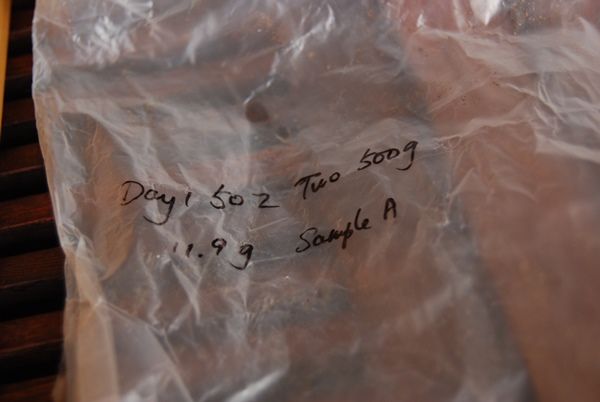
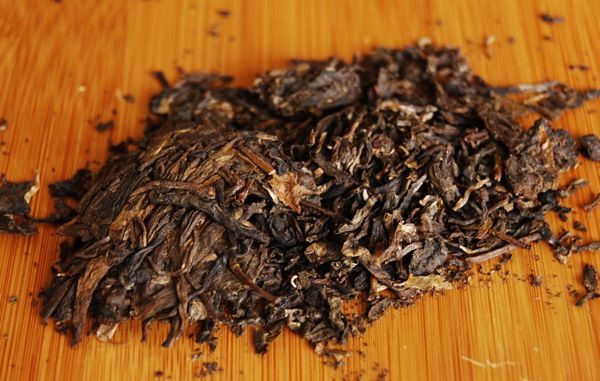
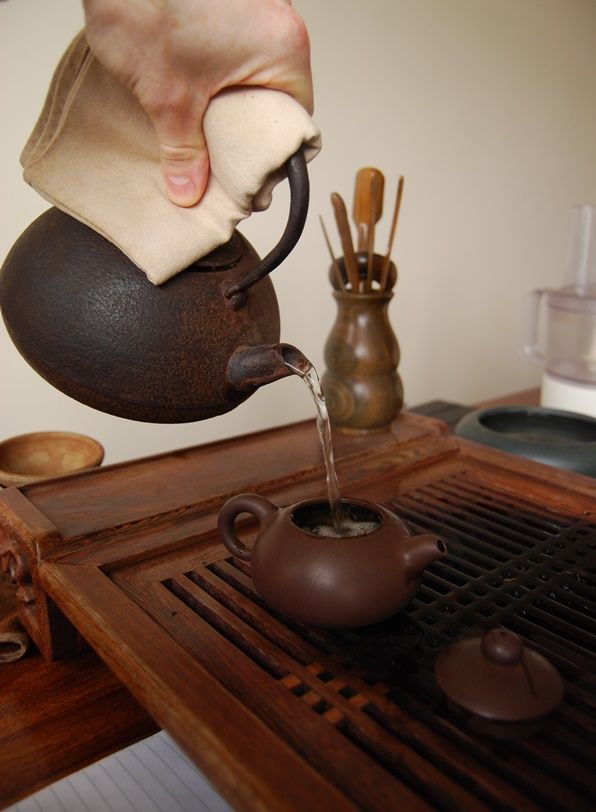
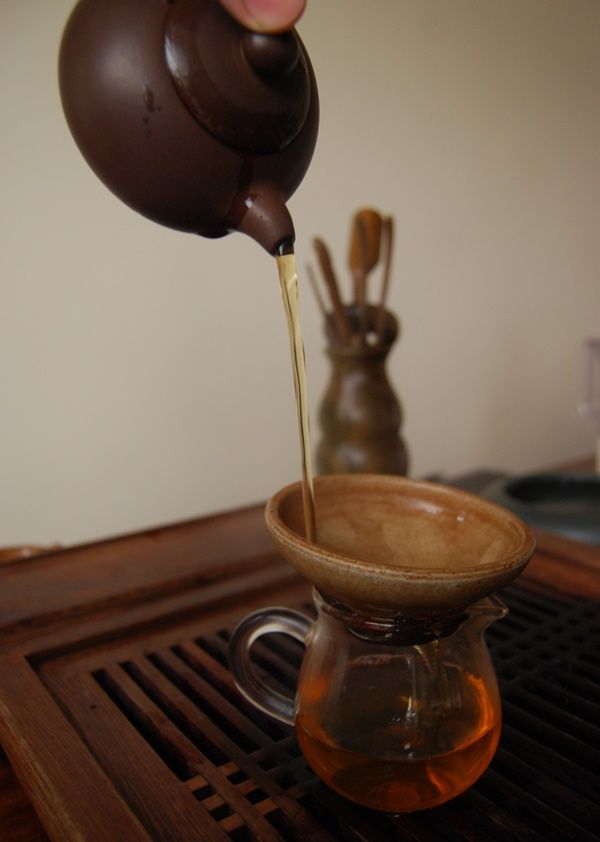
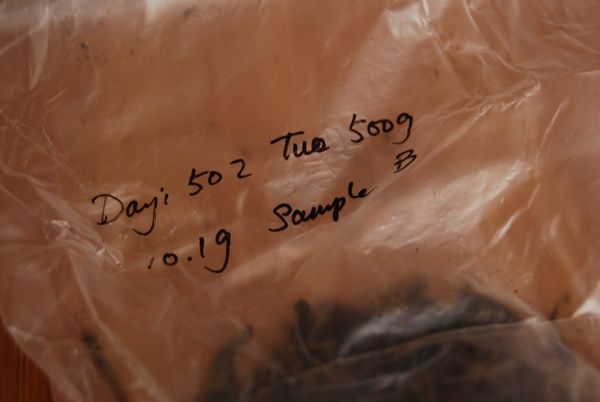
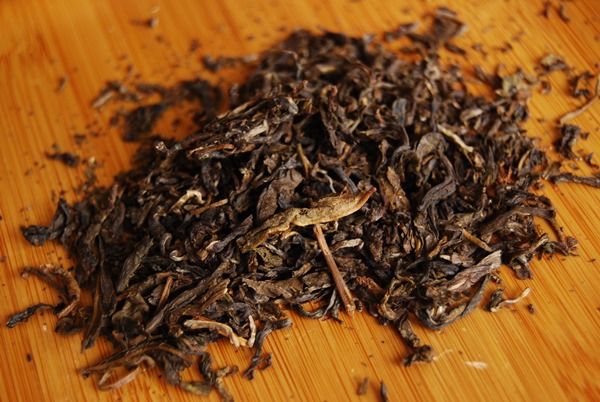
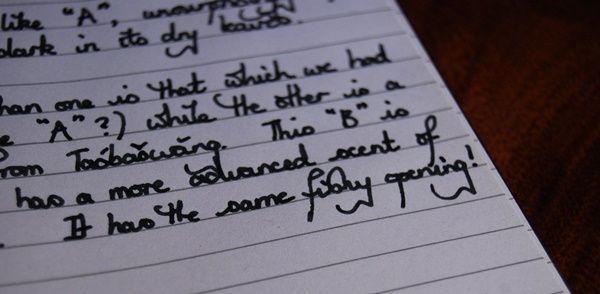
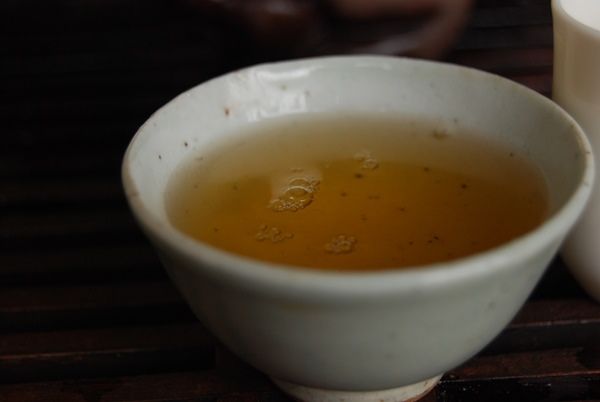
No comments:
Post a Comment
(and thanks)